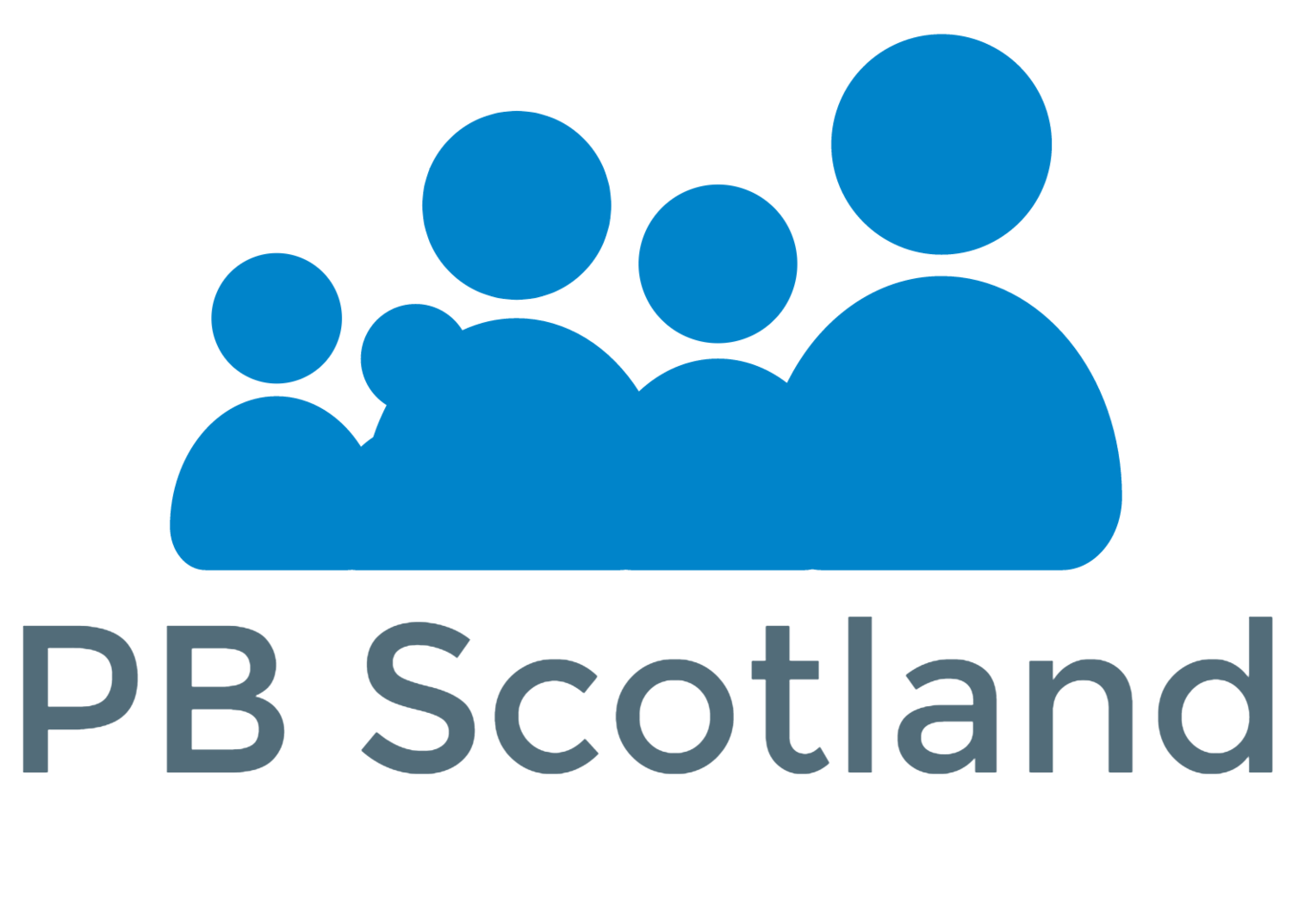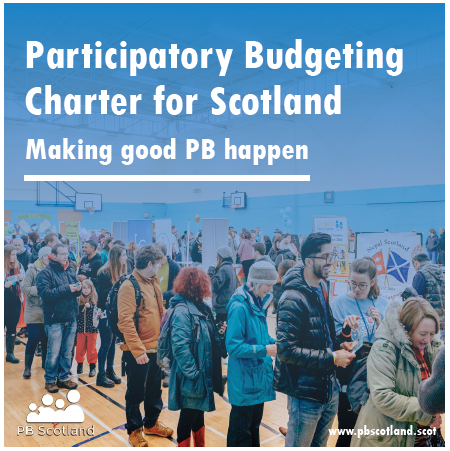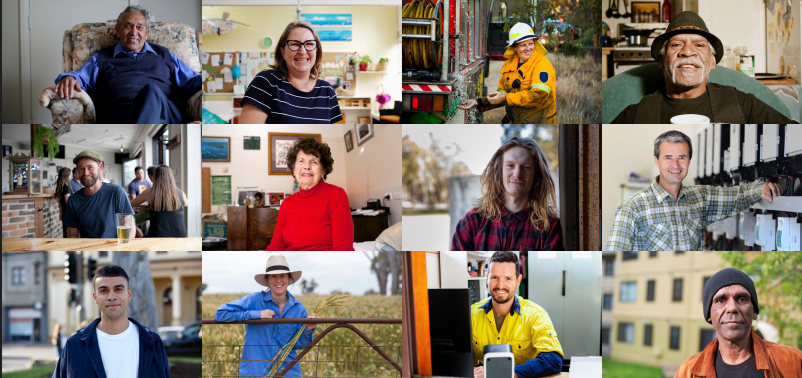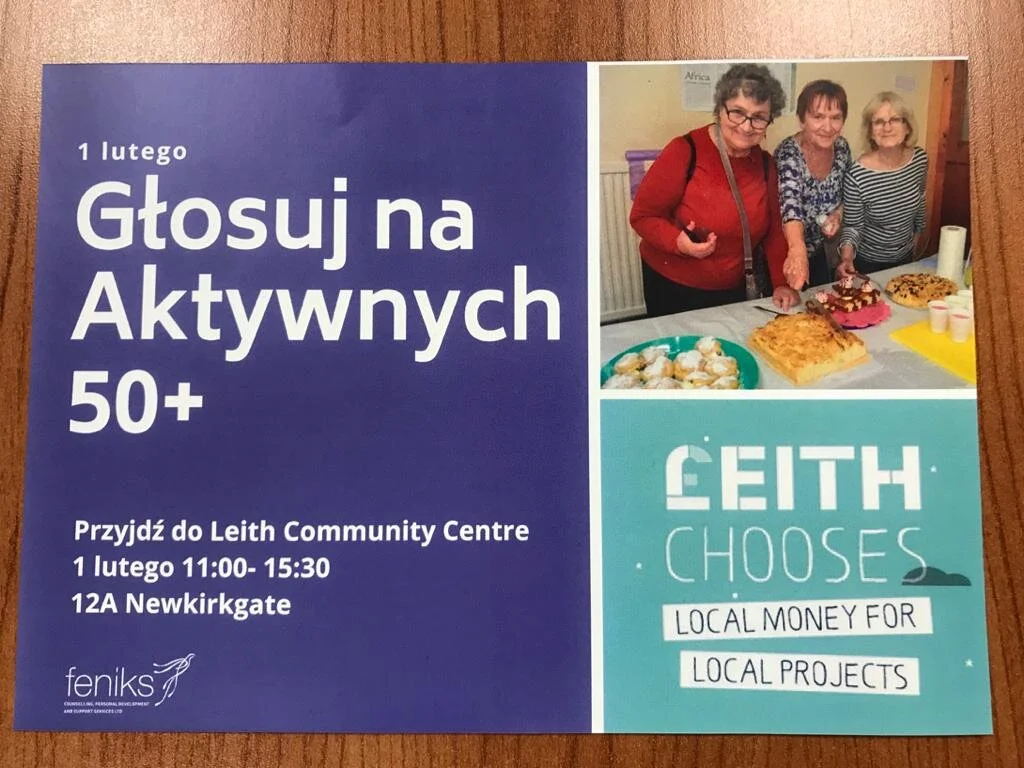PB in Action: Leith, Carmarthen and Durham (USA)
/With the pandemic causing new challenges in carrying out participatory budgeting, we're highlighting how PB is continuing across Scotland, the UK and beyond.
PB happening near you? Get in touch and let us know.
Leith, Scotland
The long running £eith Chooses events will be taking place again in January 2021. Following a survey, it was decided to push ahead with online voting for the PB process.
There will be £46,000 available, with up to £5k per project, focusing on the themes of challenging food poverty and reducing isolation. Applications are open until 11 December.
Carmarthen, Wales
In Carmarthen, PB is being used to decide how £12,500 can be used to improve the opportunities for young adults and people who are vulnerable. Groups can apply and will be asked to carry out a video presentation to pitch their bid.
Everyone aged 10 and up can vote if they live in the local area, with voting taking place online on 28th November. This project funded by Dyfed Powys Police Crime and Commissioner.
Durham, USA
In Durham, North Carolina, USA, more than 10,000 residents voted in the first ever PB process in the city.
"PB Durham has been extremely successful by working closely alongside community partners. PB staff were able to identify community leaders in marginalized communities to better understand the needs of residents."























